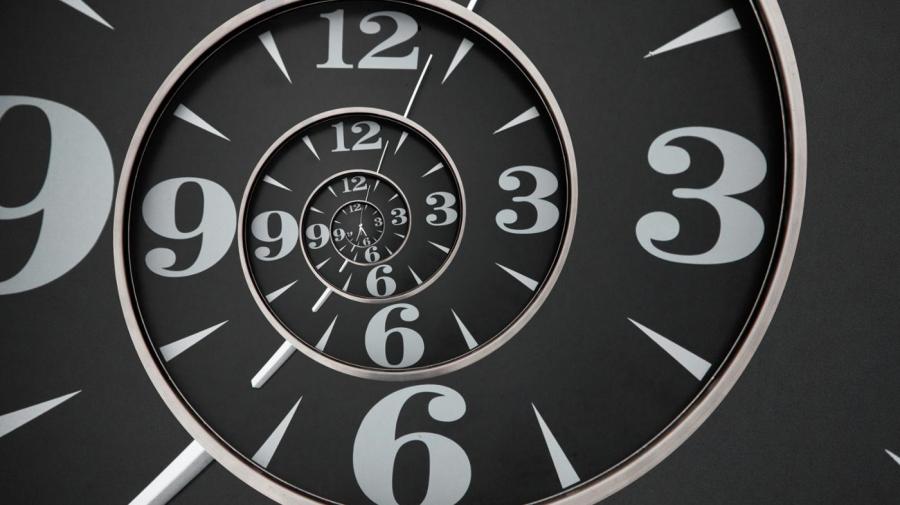Who Invented the 24-Hour Day?
Follow Us:
Twitter

The Greek astronomer Hipparchus was the first to propose a day divided into 24 equal hours. Hipparchus standardized this system from the Egyptians, who also divided the day into 24 hours but did not use a standard length for each hour.
Hipparchus’s system is also known as “equinoctial” time because it was based on 12 hours of daytime and 12 hours of nighttime on the equinoxes. Many cultures continued to use hours of varying length, but hours became more standardized in the medieval period due to the use of mechanical clocks. In 1884, the universal day of 24 hours was proposed and accepted at the International Meridian Conference, which also began to standardize time zones.





